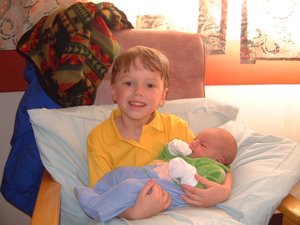 Stephanie Brown and Bill White are two of my favourite people, although I have never had the pleasure and privilege of meeting Stephanie. They have both made such a huge contribution to our understanding of recovery and how it can be achieved. The work of Stephanie and her colleagues on family recovery is unique.
Stephanie Brown and Bill White are two of my favourite people, although I have never had the pleasure and privilege of meeting Stephanie. They have both made such a huge contribution to our understanding of recovery and how it can be achieved. The work of Stephanie and her colleagues on family recovery is unique.
Bill’s interview of Stephanie Brown is essential reading and will help you understand what an enormous contribution the latter has made. I’m going to visit several aspects of this interview over this and future blogs. Enjoy!
Bill says of Stephanie: “One of the pioneers who has most influenced this interest in resilience and recovery is Dr. Stephanie Brown. I consider her developmental models of personal and family recovery as among the most important in the modern era of addiction treatment. The implications of some research are so profound and far-reaching that it takes decades to fully appreciate their import. I think we as a professional field will be mining the implications of Stephanie Brown’s work for decades to come.”




